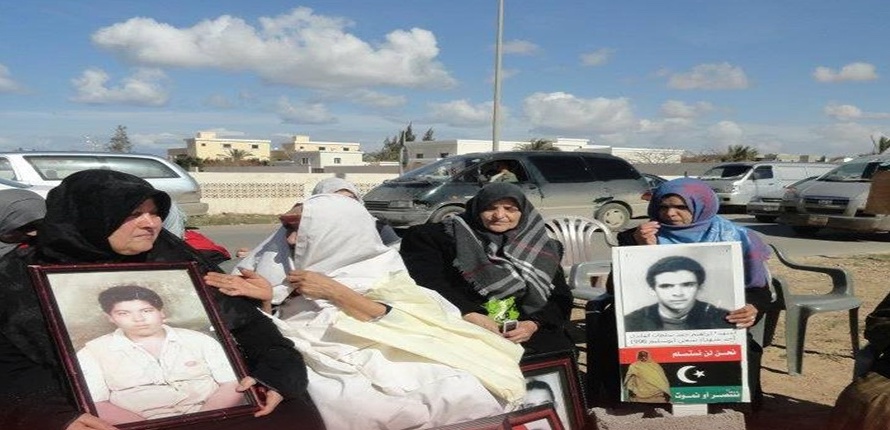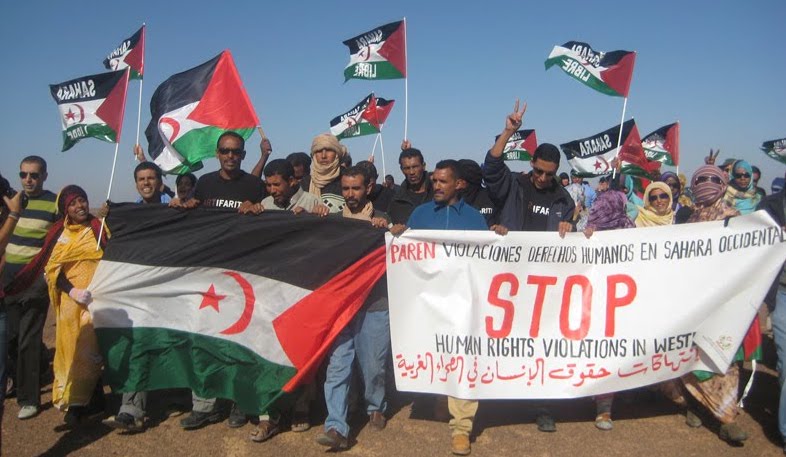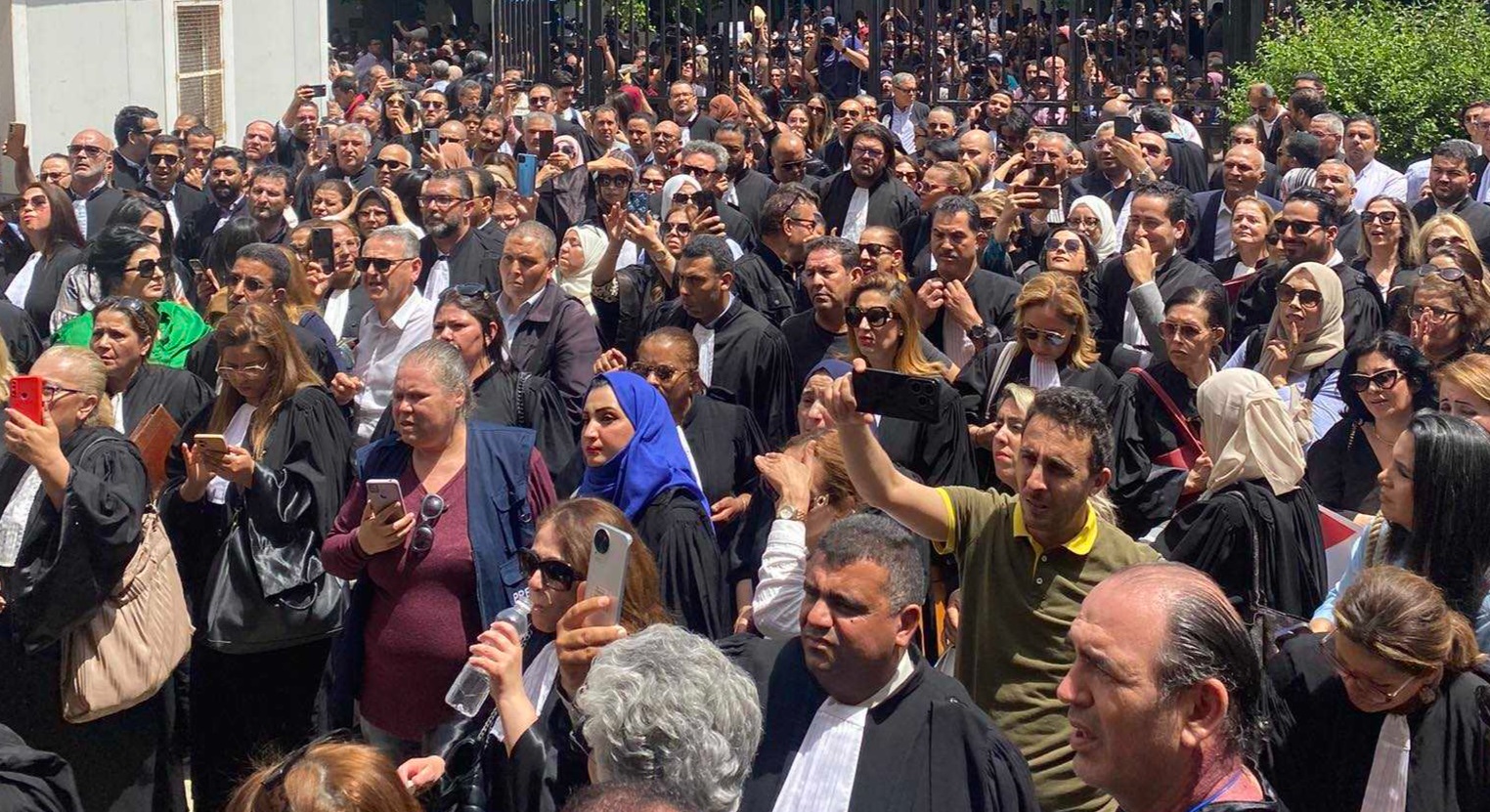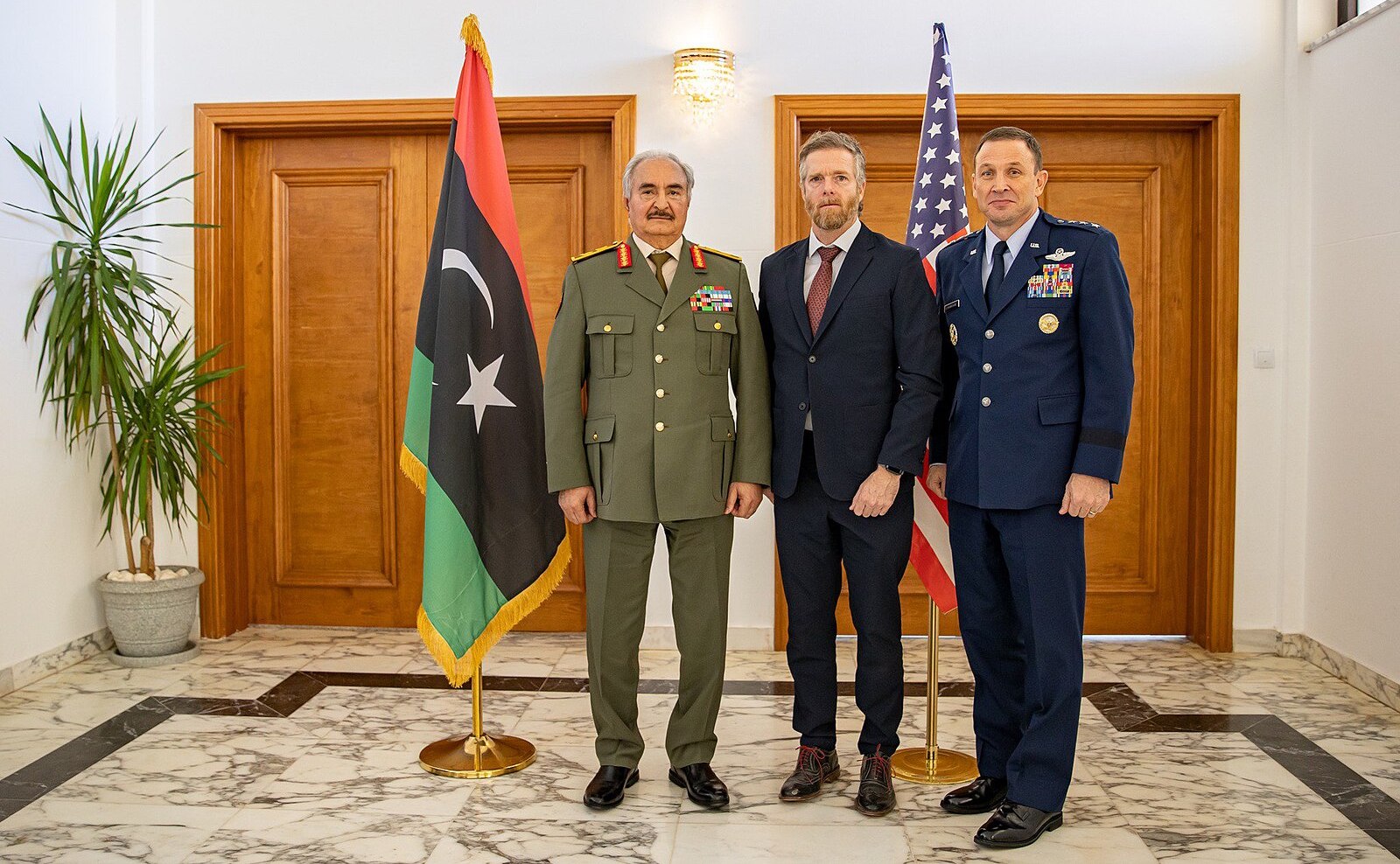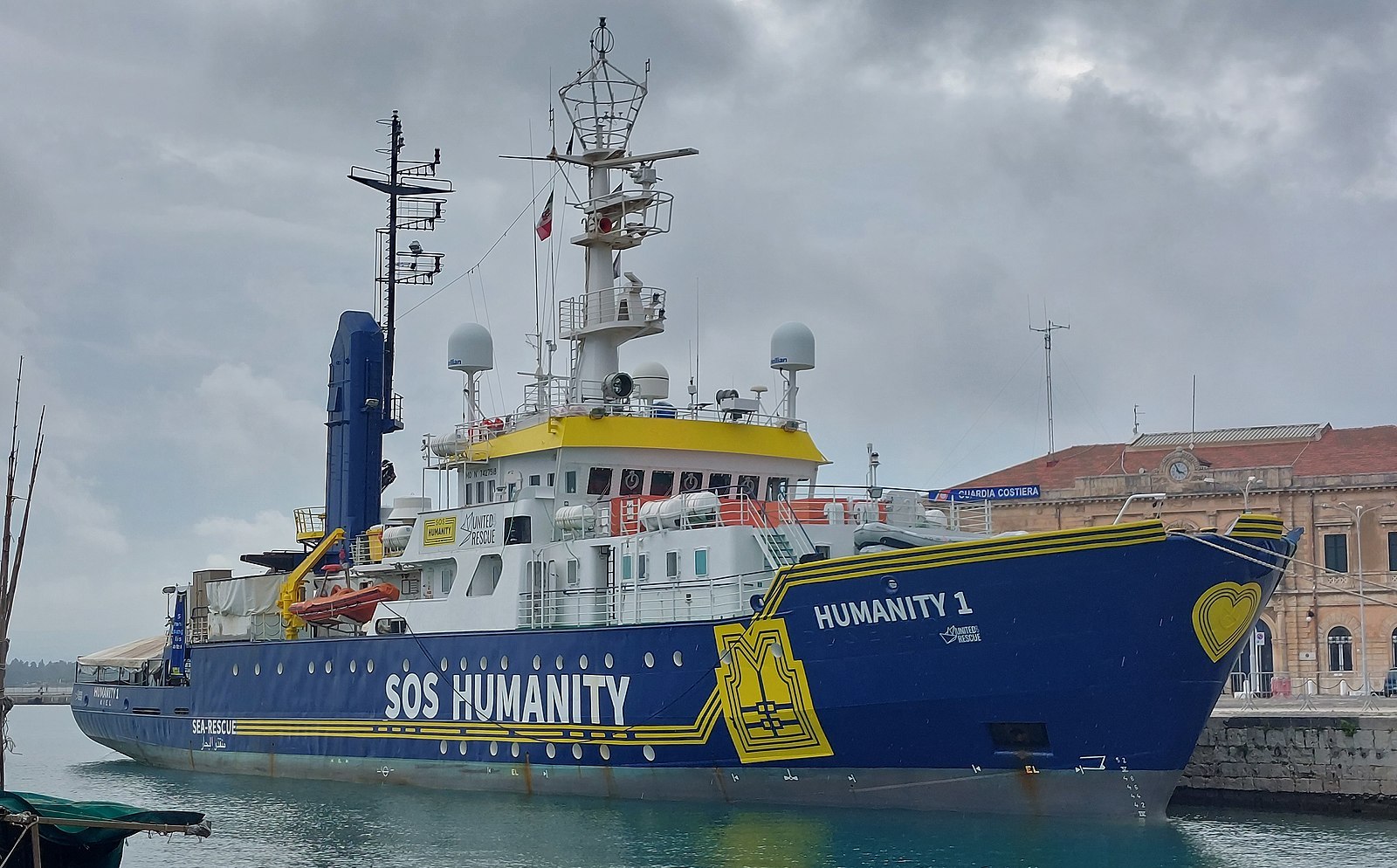
Libya expels aid groups amid xenophobic backlash
Libya’s Tripoli-based Government of National Unity (one of two rival governments) has accused aid groups of planning to settle African migrants in the country, to “change the demographic composition of the country” and threaten “the balance of Libyan society.” The government reportedly has ordered them to stop work. There are more than 824,000 refugees and migrants in Libya, and more than 240,000 Sudanese refugees have arrived in the country since the civil war broke out in Sudan two years ago. (Map: Perry-Castañeda Library)



